|
And so we move forward towards the end of the year. But the man who couldn't die doesn't accompany us into 2016. That's a reason for being upset because if the ones that seems indestructible, in life and in image, manage to die anyway, it makes us all just a little bit more vulnerable. The noise in my ears, after a concert on Fields of Rock in 2007, never completely left me since. I have a daily reminder at that gig by the tattoo the monsters of decibels, Motörhead, got me on my eardrums. Its frontman, Lemmy Kilmister, was except a musician who was easily to be underestimated, a man of great humor. Citing from a long life of Rock & Roll (without Motörhead no trash metal but they were playing rock & roll, not heavy metal) he and his bandmates threw one after the other hardrock anthem in our faces. Providing every song with an introduction that would make Tommy Cooper proud (“Our next song – if you ever want to have children – don’t dance to it!”). And so we went home, with our ears drilled and our souls cleansed. Because under that big moustache, on that square jaw face with two large moles, always was a heart as big and full of good intentions as it was beating the rhythm of the ultimate rock and roll song. May he Rock In Peace forever. I wish you luck, babe. I hope you find a dream and it comes true.
0 Comments
Following the semi-concertante performances of Lohengrin in the Concertgebouw on 18 and 20 December (for a review see here) we will reveal the winner of our Lohengrin-contest. A battle between the old and the new. Lauritz Melchior (the Heroic) vs Klaus Florian Vogt (the Angelic). And the outcome may surprise some people ... Because it was the Lohengrin of Klaus Florian Vogt who prevailed with 54% of the votes over Lauritz Melchior (who got, subsequently, 46%). For me polls are often a nice excuse - thinking about the entry I will give - to go over those recordings again (both recent and old) and perhaps put those live performances I've attended into (new) perspective. It was not a question about who had/has the bigger career; Melchior or Vogt. The legend of Melchior was/is undisputed. It was about the search for the ideal Lohengrin. The poll was a result of my contemplations about contenders, initially who are still alive, who could give Klaus Florian Vogt a run for his money as Knight of the Swan. And that list was pretty short. Last year I heard Nikolai Schukoff for De Nationale Opera in this role and how much I loved this Lohengrin production as a whole, it didn't deliver a serious contender for best Lohengrin of this generation. I have a DVD with Placido Domingo singing Lohengrin (under Abbado). It’s beautiful but I doubt if he can pull off the role on stage nowaydays. And then there is of course Jonas Kaufman. But, long story short, a contest between two singers from different generations looked the most interesting. It was a DVD with a production from the Festspielhaus Baden-Baden that introduced me to Klaus Florian Vogt. A voice that I had to get used to. His tenor seemed too light in comparison with the voices of Jess Thomas and Sandor Konya I knew. That was 10 years ago. But Vogt’s voice lived up to its full potential since. It matured and gained in emotional impact and the role of Lohengrin must be like a second skin to him now. He must be able to sing the role in his sleep. Vogt is a voice especially for Lohengrin (and Parsifal). I don’t hear in him Tristan or Siegfried. And he changed my perception how I hear the role now (so in this poll I would have given him the nod). And how much I like Jonas Kaufman, his voice lacks the angelic element that Vogt so inseparably linked to this role. For the other contender I went back in time. He is on one of those rare recordings I consider perfect: the first act of Die Walkure under the baton of Bruno Walter with Lotte Lehmann as Sieglinde (see here). His career in Wagner has mammoth dimensions. His Siegmund, Tristan and Siegfried are legendary. I didn't know about his Lohengrin to be honest but some web searching convinced me pretty soon that he would be more than an adequate rival for Vogt. With Lauritz Melchior it would become a clash, not only between generations but also between styles; the Heroic vs the Angelic. Once the poll started Melchior got a headstart. But on the second day of the poll Vogt came by. Perhaps there were a lot of people who attended his performance in Amsterdam that came in casting their vote. As beautiful as Vogt's rendition in the video is, it is incomparable with his live performance (we will never have the opportunity to hear Melchior live so this poll wasn't exactly a level playing field). It stayed close to the very end but the voice of Lohengrin Present prevailed over the legendary Wagner singer of the Past. May they both keep enlighten our ears and redeem our souls with their voices. Cheers! Klaus Florian Vogt prevailed with 54% of the vote Last week I attended a performance of Stockhausen's Mantra in the Muziekgebouw aan 't IJ in Amsterdam. A piece in which two pianos (Pierre-Laurent Aimard and Tamara Stefanovich) engage in conversation. Cacophony for ears that are new to this music, but fascinating nonetheless. With listening to (classical) music one can get caught in what I shall call “an obsession with the right notes”. Are the notes - when they come to you in a not so familiair harmonic language - played correctly? Is there any kind of structure in this mayhem I'm hearing? A significant part of how you are going to appreciate (or not) a piece of music can depend on the (positive) answer to these questions because you don't want to feel cheated or lost. There can be a need for wanting to rely on the composer's integrity if the structure of a piece seems determined to hide itself. And that need can be most persistent. There is this video clip on YouTube. It shows Maurizio Pollini playing a piece for piano by Stockhausen. Pollini is counting. You see his jaw going up and down, like he is whispering. I have never seen him do that in Beethoven or Chopin. It's like the notes in Klavierstücke IX don't reveal their connection when he is playing them. He has to secure the relation between the notes by counting. To prevent that they will become islands. Entire of themselves. Pollini - Stockhausen - Klavierstück IX (Live 2002) (Click on photo to see clip) In the week before the Stockhausen concert I listened to lot of heavy metal. That same week trash metal legends Anthrax came to town and although this concert was played in my absence, the veterans of the mosh pit had my full attention. Madhouse, Indians, Caught In The Mosh and many more metal classics went high rotation in my living room. Music with the ability to burn down infinite unrest and generates new energy at the same time. It turned out to be the perfect preparation for the sound world of Mantra. With the energy of Anthrax in mind I went to my encounter with Stockhausen. And it's remarkable how heavy metal can open the gates through which modern classical music can enter. The gap between the musical world of Stockhausen's Mantra and the piano sonatas from Joseph Haydn is a bigger one than the gap between the former and a metal song. It's a bit like industrial noise in a unplugged session that is not completely unplugged. Nine Inch Nails, played on two pianos, percussion and a ring modulator - a device that synthesizes the notes from the piano into combination notes (thus turning harmonic sounds into enharmonic sounds). It added reverb on the piano that, unlike standard pedalling, didn't sound especially lush but gave it a touch of gamelan music. And at the fray ends of the sounds coming from the piano one could hear the fruits, both sour and sweet, of the industrial revolution. As if the music tried to came to terms with modern times. Tries to embrace what becomes, eventually, inevitable. During the 75 minutes of Mantra, there are a lot of things going on in which one can search, with futile efforts, for some points of reference. I, clean washed by the heavy metal therapy in the days prior, thinking more in sonic colors than in contrapuntal finesse, just let it happen. It's not that the mind, always looking for some kind of inner logic, isn't completely left to it but it took some time before the structure of the piece started to show glimpses of itself. It's as if the music is constructed with very specific ideas about sound in mind, more than it shows itself as the next logical step after Schönberg and the Second Vienna School. More like hip hop – with its samples based on colors of sound – than like traditional pop music – with its instruments tuned in a certain key. But as far as music theory goes, I have to admit that I lack expertise to back that comparison up. There is a bigger gap between Stockhausen's Mantra and a Haydn sonata than between the former and a metal song The dissonances in Stockhausen's music seem to revolt against the music that generations before him came up with. A bit like the power chords in heavy metal do. In both cases you can draw the same kind of energy from it. It's funny that looking for a stepping stone that would help me accept and appreciate the musical world of Karlheinz Stockhausen, I found help in the rock music of my youth first, before I looked for points of reference in 20-century composers like Pierre Boulez or György Ligeti (while I play Pli Selon Pli for entertainment purposes and I knew Pierre-Laurent Aimard already from a CD with piano music of Ligeti that I highly value). The dialogue between pianos in Mantra is not without humor. It even stretches that humor a bit by times – like a joke that it's told a few times too many. After one hour (around 1.03.25 in the video below) the music turns into some kind of Boogie Woogie-on-steroids that feels like a perpetuum mobile (be it only for a few minutes). It's the zenith of a piece of music that I receive with some proper back-and-forth movements of the head. Mantra from Karlheinz Stockhausen is caffeine for the brain that generates energy not unlike that of a rock concert. I say "Hell yeah!" to that. |
TIMELINE
July 2024
|

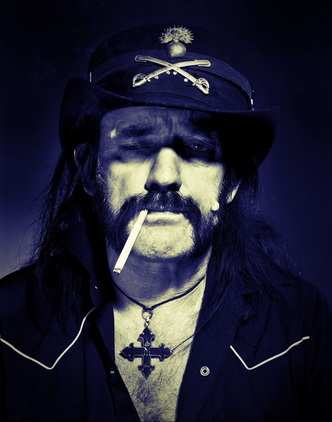

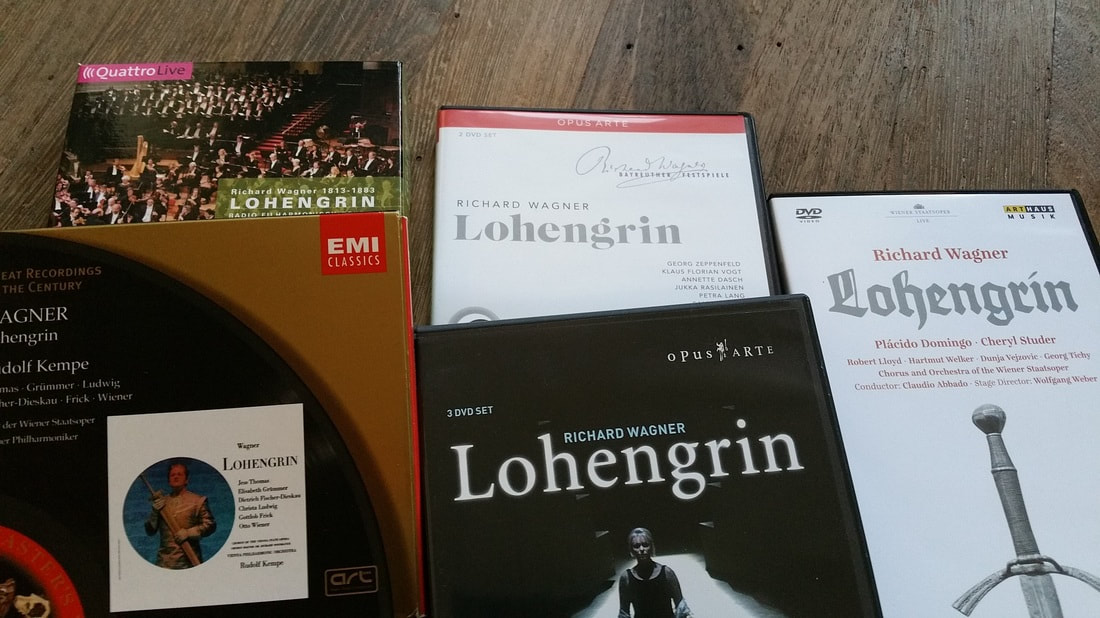
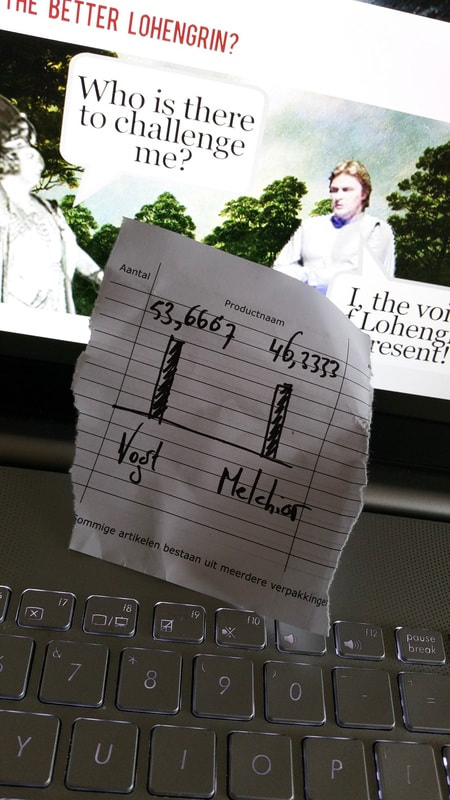
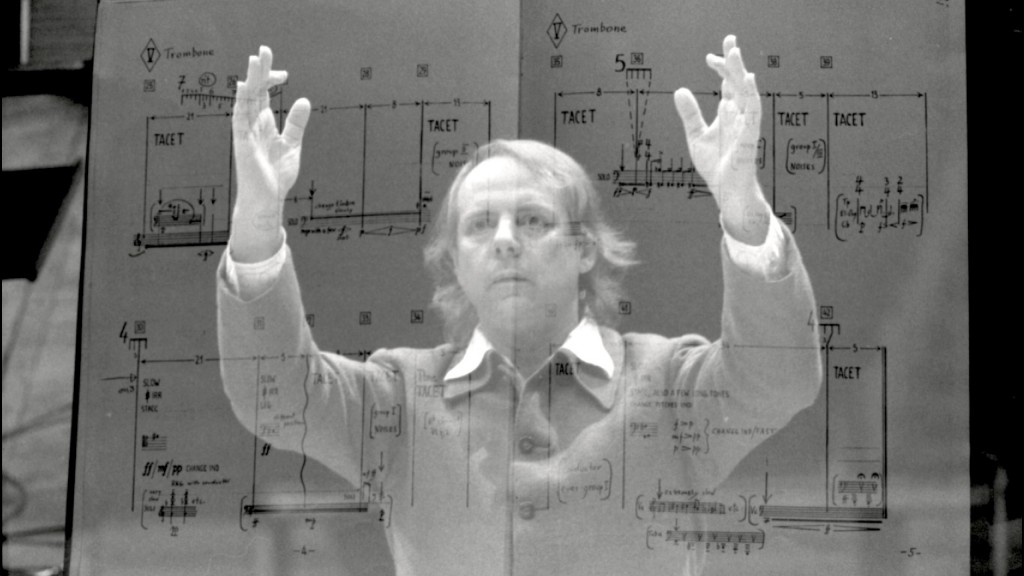
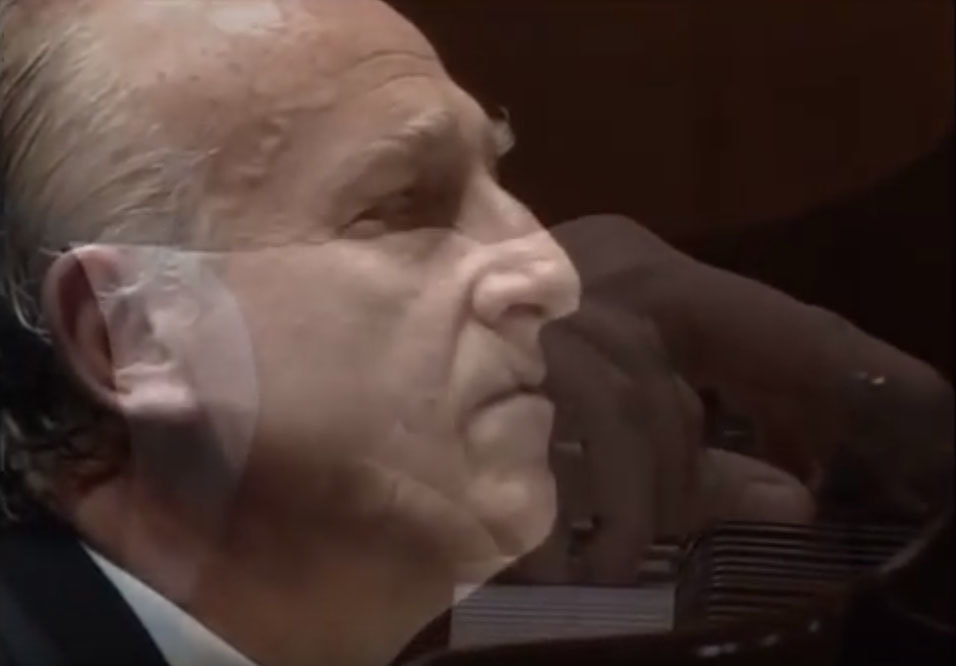

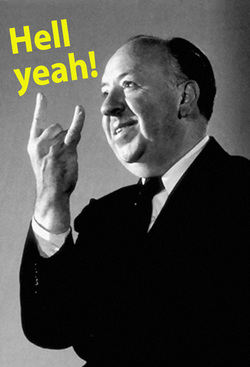
 RSS Feed
RSS Feed